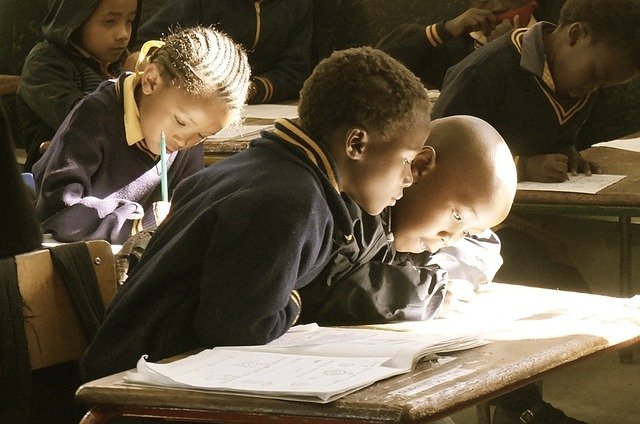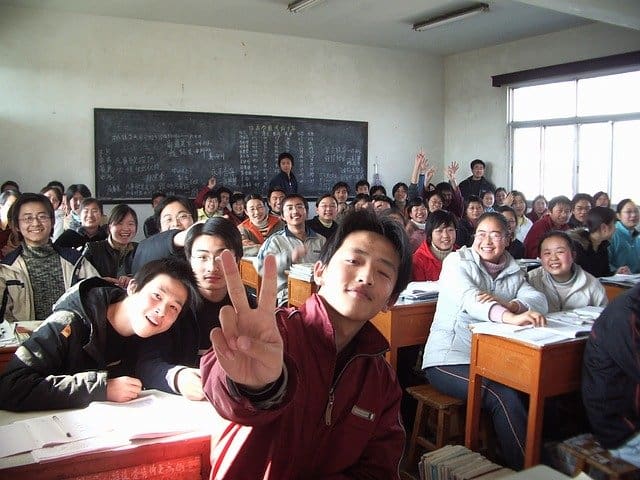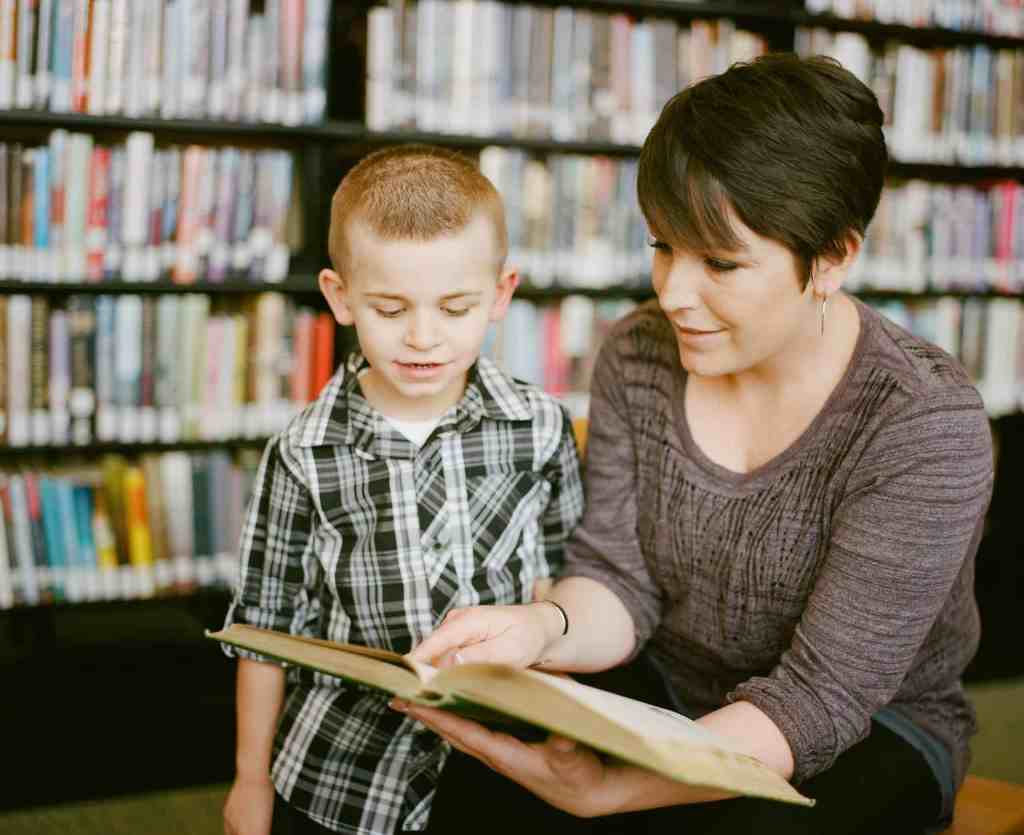Ending Your School Year Well

I’ve had some wonderful end-of-the-year experiences with my students, but I had one really, really bad one that prompted me to think deeply about how to end the school year well. The best was a class who brought dinner for everyone, performed their projects for each other, made a video of themselves playing a song on their kazoos to keep and share, exchanged contact information, planned for a future dinner date together, and stayed for an extra hour.
The worst was an 8th grade Literature class I taught when I was a new teacher. (I have no way of knowing, but probably at least 50% have been to jail at least once since then!) On the last day, we parted without one word of farewell. The bell rang, they walked out, and I was as happy to see them go as they were to leave! Pretty embarrassing!
I was so disappointed in how that year had turned out that I started thinking about how to make the end of the year a culmination rather than a relief, because I never wanted such a miserable ending again. I put some serious time and effort into researching, consulting more experienced teachers and administrators, and thinking about how to apply what I learned. It came down to three things:
1. Begin at the beginning.
Set definite expectations for teacher and student roles and responsibilities and communicate them clearly. Clearly lay out who is responsible for what. How can you equip your students to succeed independently? Encourage

warm, respectful relationships between you and the students and among the students themselves? Set up a fair discipline plan for those times when someone needs to be guided back to standards. Model the actions and attitudes you want your students to have, and be sure to explain why you are acting and speaking the way you are. Use failures as teachable moments.

2. Put in effort at the right time.
Be clear about class and course expectations from the very first. Put in extra time at the beginning of the year to help students with their learning or behavioral issues before they ripen into something more complicated or
destructive later on. Keep up with managing these issues throughout the year, and give students positive support and useful feedback on how they’re doing. By the end of the year, you’ll have more to celebrate than to regret, your students will know you care for and respect them, and they’ll know more about how to handle their future problems themselves.
At the end of the year, plan for ways to share and celebrate achievements and enjoy relationships.
3. Be consistent, but be ready to modify.
It requires self-discipline and sometimes some creative thinking on the teacher’s part to be reliably fair, approachable, and supportive. This means consistent modeling,

enforcement, and support of roles, responsibilities, and relationships throughout the year. However, as you understand your class better over time, you’ll notice some things you put in place earlier need to be changed. That’s okay, but take the time to explain the changes to your students as well as why you are making them and make it a teachable moment as well.
So how can we end the school year well? By beginning well, building gradually according to positive principles and practices, and celebrating successes as it draws to a close.

